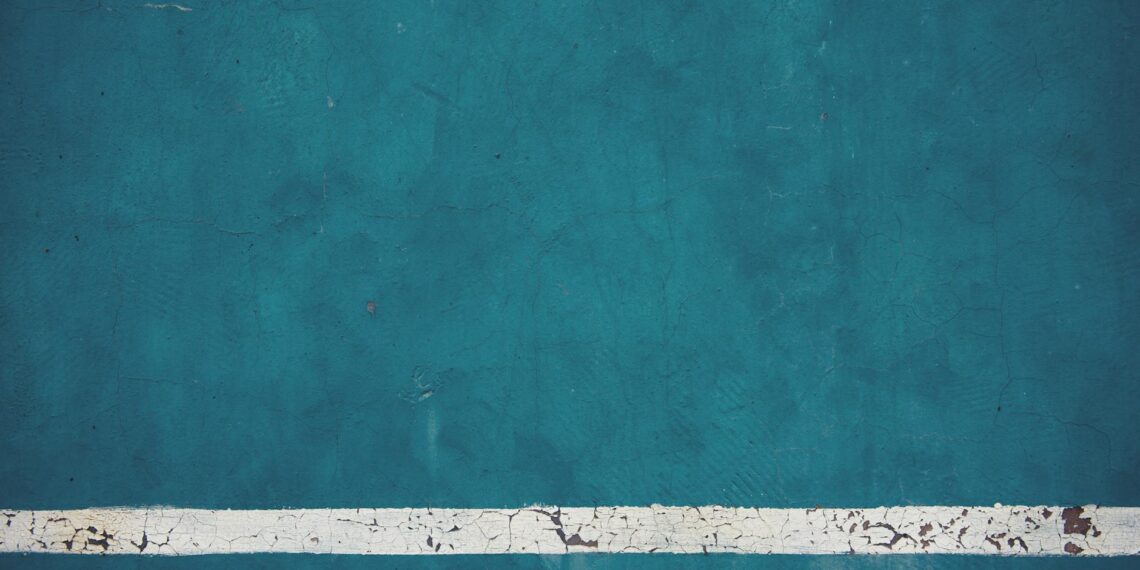Cleaning old coins requires careful consideration, as improper techniques can diminish their value. Here’s a summary of the recommended approaches based on the coin’s type and potential value:
- Avoid cleaning: Experts strongly advise against cleaning collectible or potentially valuable coins, as it can significantly reduce their numismatic value.
- Patina is prized: Natural toning or patina, often mistaken for dirt, is actually desirable to collectors and represents the coin’s historical aging.
- Professional evaluation: If you believe you have a valuable coin, consult a professional coin grader or appraiser before attempting any cleaning.
- Gentle cleaning is key: For coins not valued for their numismatic worth, mild cleaning methods can improve their appearance.
- Soapy water soak: Soaking the coins in a solution of mild dish soap and distilled water can effectively remove surface dirt and grime.
- Optional gentle scrubbing: If needed, use a soft-bristled toothbrush to gently scrub the coin while it’s still submerged in the soapy water, [according to Real Simple].
- Thorough rinsing and drying: Rinse the coins well with distilled water to remove any soap residue and gently pat them dry with a soft, lint-free cloth.
- Air drying: Allowing coins to air dry on a soft surface minimizes the risk of scratches.
- Baking soda and aluminum foil (for silver): Line a bowl with aluminum foil, place the silver coins on top, sprinkle with baking soda, pour hot water to cover, and let sit briefly before rinsing and drying.
- Vinegar and salt (for copper): Dissolve salt in vinegar and soak copper coins for a few minutes, followed by rinsing and drying.
- Acetone (for organic material): For tough buildup, soak the coin briefly in pure acetone (not nail polish remover), ensuring proper ventilation and avoiding skin contact.
Important considerations:
- Avoid abrasive materials: Never use abrasive cleaners, polishes, or brushes that could scratch the coin’s surface.
- Test on a less valuable coin first: If unsure about a cleaning method, test it on a less valuable coin before applying it to your target coin.
- Professional conservation: For valuable coins requiring cleaning or restoration beyond simple debris removal, consider professional conservation services offered by reputable grading companies.
By adhering to these guidelines, you can ensure that your old coins are handled with the care and respect they deserve, preserving their beauty and potential value for years to come.









What not to clean coins with?
Water is better for inorganic materials.
Use only pure acetone, rather than acetone-containing products (e.g. nail polish remover).
Some have a concern that acetone may react with copper.
Don’t rub a coin or wipe it dry.
For tips on cleaning ancient coins, visit r/ancientcoins.
Does Dawn dish soap clean pennies?
Especially bright copper. If you have to use anything to try and get some gunk.